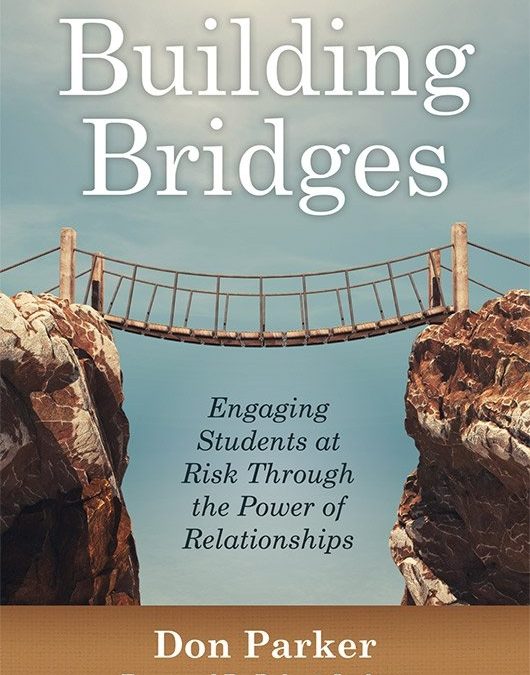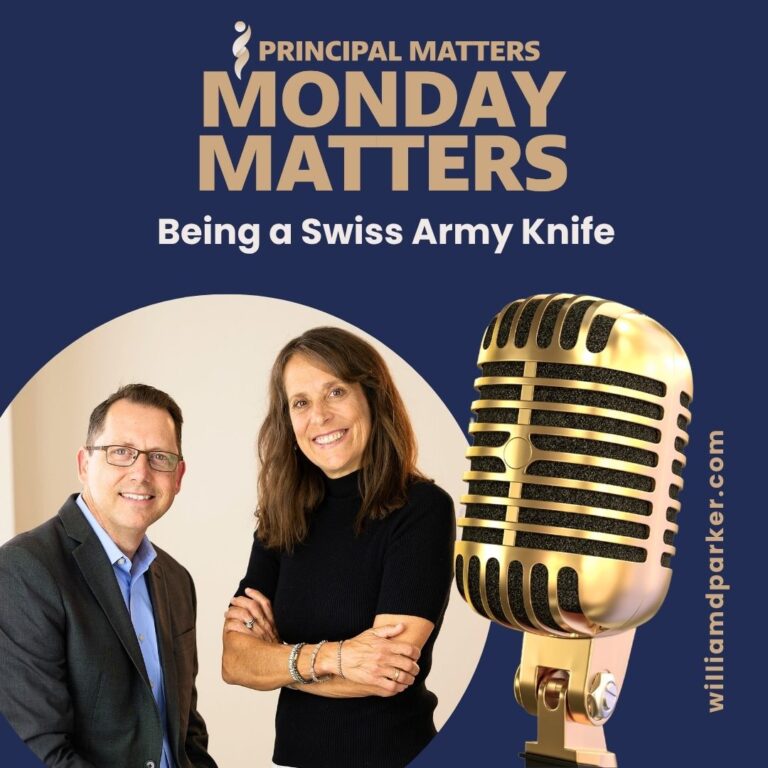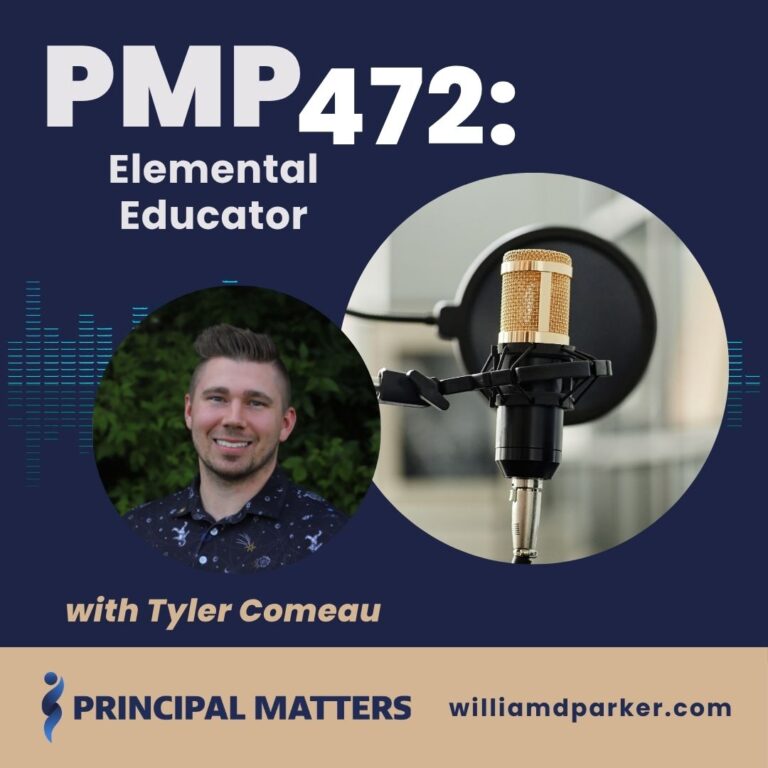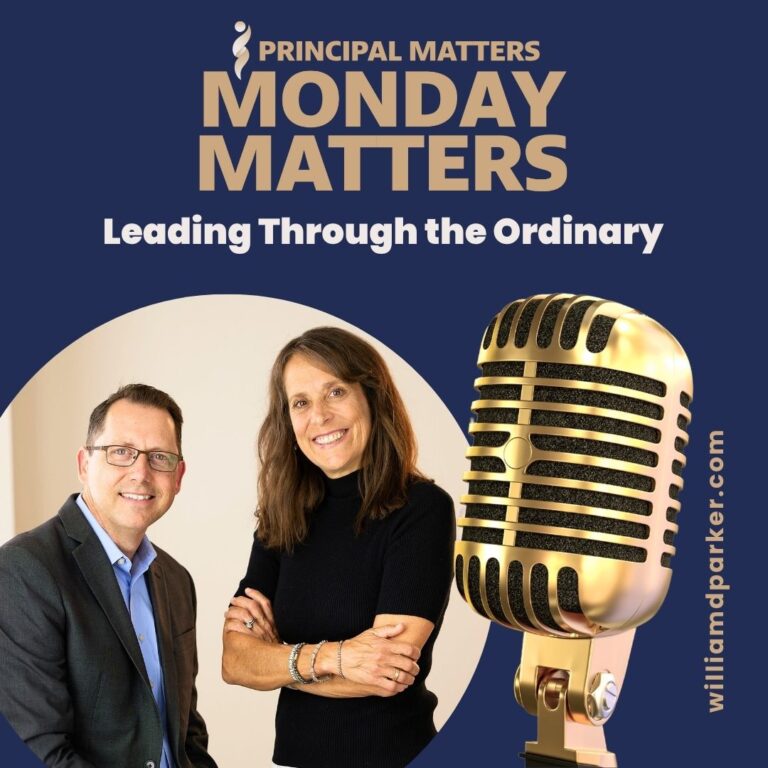Podcast: Play in new window | Download
When Don Parker was a Dean of Students, he knew his students were struggling – especially those with high risk factors.

Don’s passion became simple and challenging: Find the best ways to help students be more successful. Through his doctoral dissertation and his practice as a school administrator, he narrowed his focus to two approaches: 1. Building relationships. 2. Providing authoritative counseling.
Meet Don Parker
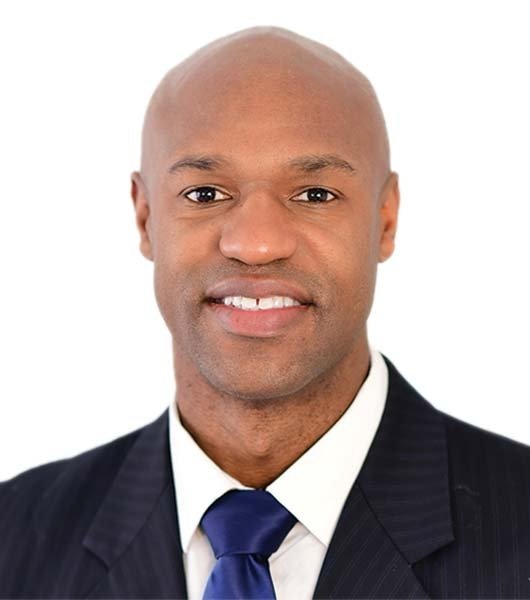
Dr. Don Parker is a highly sought-after speaker and professional development provider. He is the principal of Posen Intermediate School in Posen-Robbins School District 143.5 in Posen, Illinois. Previously, he was the principal of Lincoln Avenue School, a K–8 school in Dolton, Illinois, where he improved the culture, implemented a resilience program, managed the implementation of restorative justice, and increased attendance and student achievement.
He is also the author of the new book, Building Bridges: Engaging Students at Risk Through the Power of Relationships.
In this week’s podcast episode, Dr. Parker covers several takeaways for serving serving all students:
- How his school has responded to the COVID-19 closures and distance learning challenges.
- How you must develop a relationship building mindset.
- Why it is important to take an ecological approach in leadership.
- Ways to promote “opening up” for yourself and those whom you serve.
Building Relationships
First, Dr. Parker explains practical strategies that will benefit teachers in building relationships and helping their students be successful in school and in life. These actions begin with mindset: a relentless effort to never give up. And this mindset is grounded in hope. As he explains, “Student must have hope that life will get better. And a leader must have hope that no matter how much resistance, my efforts will make a difference.”
Don explains his own story as a college freshman and how his uncle convinced him to hold on to hope and see why his degree would help him acheive his dream of teaching and coaching. He also challenges leaders to “burn your ships” if you’re going to make signficant changes happen.
Taking an Ecological Approach
Dr. Parker also encourages an ecological approach, a term he discovered in his reseach. He explains how researchers view student behavior under three lenses:
Lens 1: Epidemiological approach – This approach looks at DNA, physical or mental states that impact outcomes.
Lens 2: Social constructivist approach – School practices, for instance, can be constructed to help students become more successful.
Lens 3: Ecological approach – “Eco” means environment, and “olgy” is study of – and describes the culture and interventions that happen inside and outside of school.
By working through an ecological lens, schools can address the whole-child. In Don’s experience, he found one out of twenty-five of his students came from a two-parent household family. Most children, especially boys, did not have positive male role models. Thus, Don started a mentor program for students and adults.
Another school leader he knows, with a similar student demographic, placed washers and dryers in his school to meet student needs. The research is clear: When schools work with families and students (inside and outside of school), they are more successful than schools that don’t. Dr. Parker also uses behavior plans and academic plans with incentives tied to both.
Opening Up
Finally, Dr. Parker explains why “opening up” is so important. As leaders, we need to learn share our unique experiences with our students. These challenges let them know they are not unique in their struggles. All of us have faced obstacles and made mistakes and can still be successful and resilient.
For example, Dr. Parker once had a student who transferred from living in the city with his single mom to attending a suburban school while living with his grandmother. Don first built emotional support with him. He discovered the student’s favorite basketball player was Derek Rose from the Chicago Bulls. One day when this student was in trouble, Don intervened. He used Derek Rose’s injury as a model for helping the student understand how he was experiencing emotional injury – and how he could address those challenges to become successful for his team (his school and family). These conversations helped his student open up about his trauma.
Don helped him create a plan and connected him with a therapist, tutoring, counseling and rewards, including Derek Rose t-shirts and ultimately a jersey at the end of the semester.
Let’s Wrap This Up
Listen to this week’s podcast episode for even more takeaways from Don’s experience and his excellent book. As you do, think about how building relationships, serving with an ecological approach, and “opening up” can help you reach your students.
Now It’s Your Turn
What is a way you can stay connected with students by building trust? How can you continue serving your students needs inside and outside of school – even during school closures? What’s one step you can take today to connect a student with meaningful feedback so he or she is safe to open up about their own needs?
You can stay connected with Dr. Parker’s work at his website: DrDonParker.com or by emailing him at drdonparker@comcast.net.
Sign-Up For Free Updates and Ebook
You can automatically receive my newest posts and a free Ebook, 8 Hats: Essential Roles for School Leaders. Let’s keep learning together!


